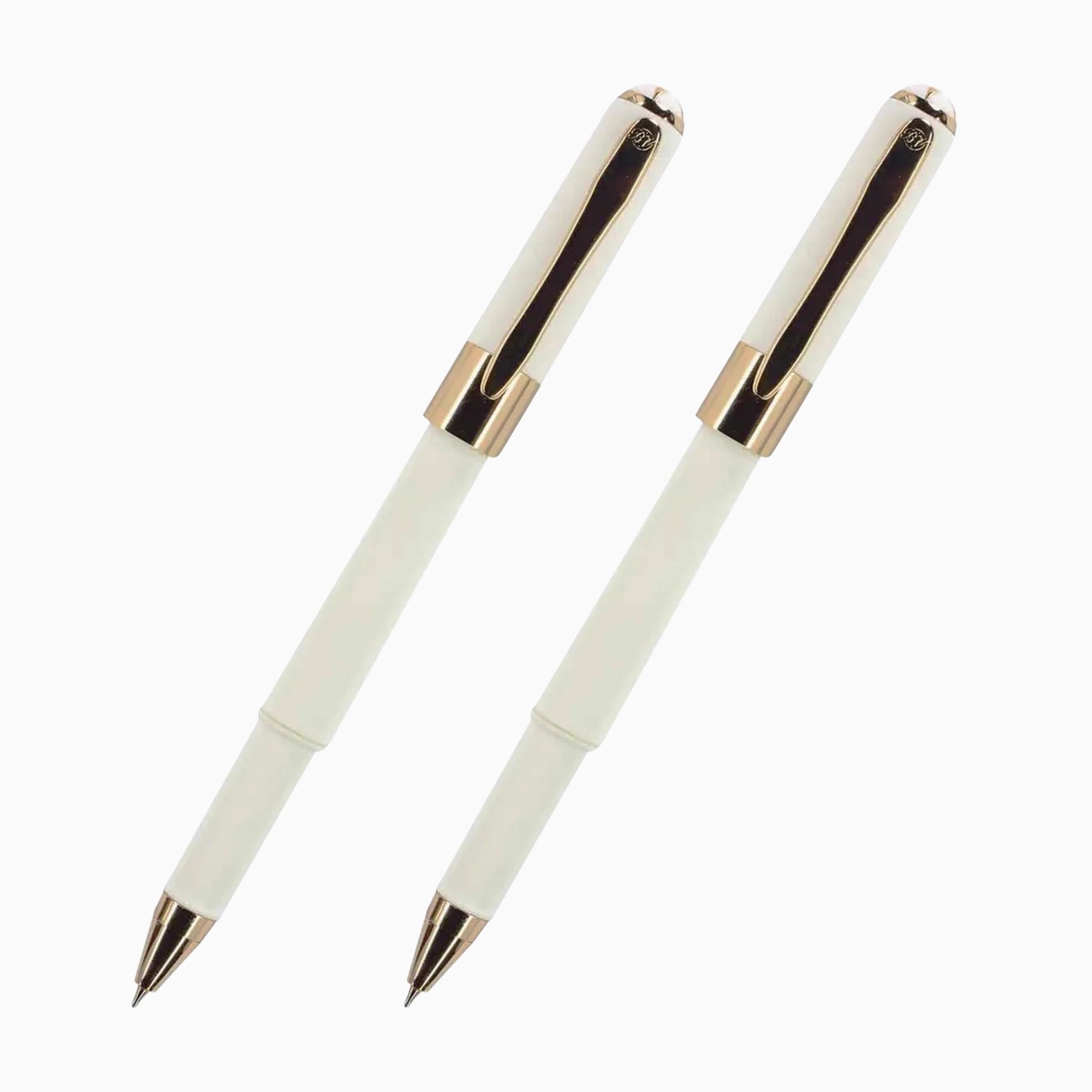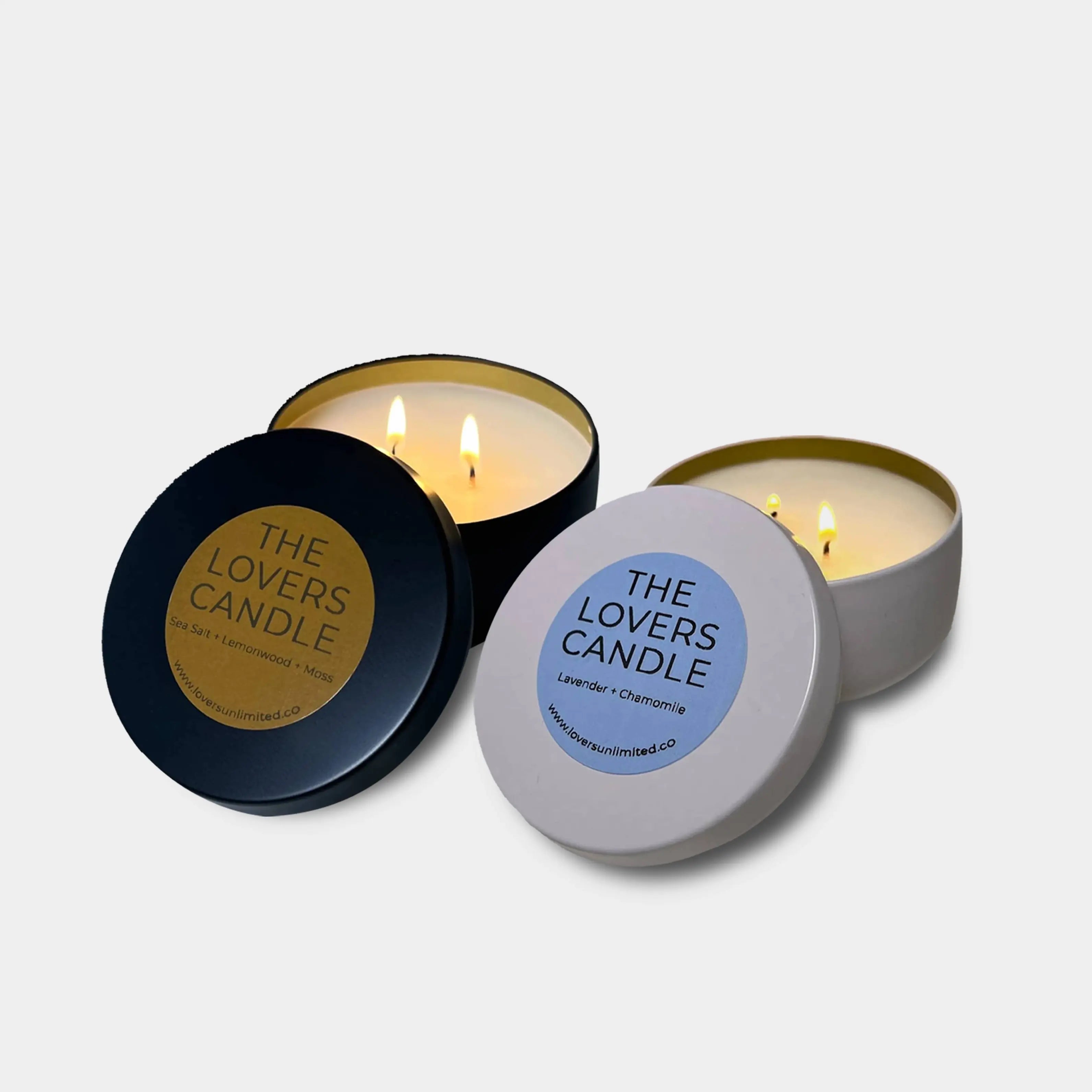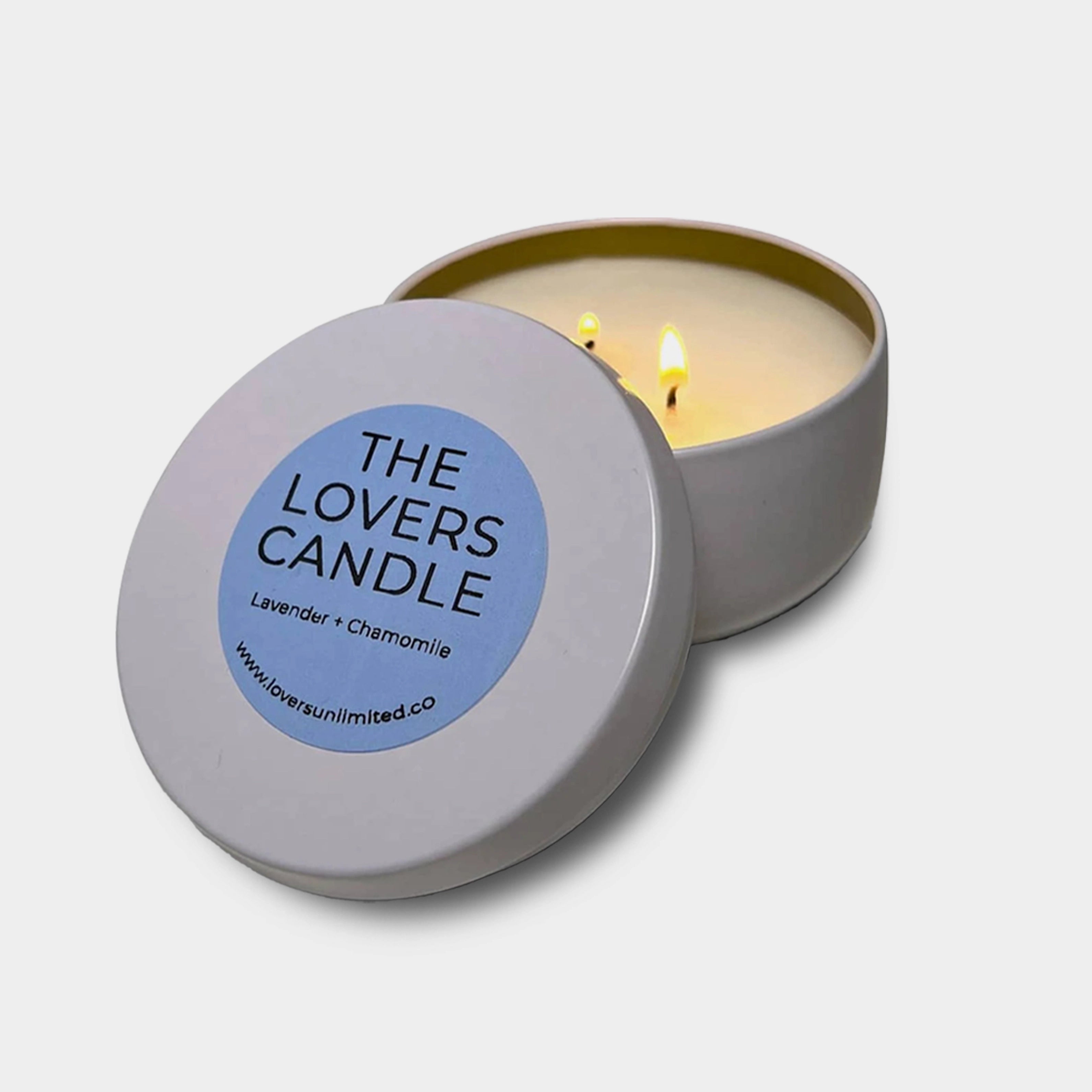
How To Deal With Male Body Shaming

Body shaming is mostly assumed to be something only women have to deal with. It even sounds wrong to say that I’ve been body shamed too as a man. Yet male body shaming happens. Why is it not given much attention then?
On this episode of The Interracial Couple Podcast, Cera and Matthew discuss:
- Female vs male body shaming – are there double standards at play?
- How marketers create and exploit our body insecurities
- Men dying of breast cancer and other consequences of denying male body shaming
- Why body shaming is prevalent in social media
- How radical self love differs from self obsession and can be the immunity against body shaming

Episode Introduction: Why Don’t We Talk About Male Body Shaming?
Matthew Temple: Male body shaming is a real problem yet it’s not talked about that much. In part, this is because there’s been a lot of emphasis put on the way we have spent too much time shaming women about their bodies. Of course, that emphasis is warranted. But body shaming is certainly an issue for men too. And in some ways, I think a very insidious one at the moment.
Cera: True, so many women empowerment movements are coming up and speaking against body shaming women. Saying that this is the body that God gave me, and I’m really proud of who I am. I may be curvy. I might be skinny. I am just who I am. But I don’t think we have the same kind of men and movement advocating for men who’re being body shamed.
Matthew Temple: Right, because if that topic ever come up, I don’t think most of us want to admit we’re affected. We’re like, I’ve got to be okay, I can handle it, I don’t need any help. I don’t need you to be nice about my body, I don’t need any of that. Ultimately, that’s not really true.
Men have emotional needs too. Men’s feelings get hurt too. So we really need to bring an awareness to how we actually view masculinity. When we claim that we’re supposed to be tough and handle it all, we’re actually creating this double standard around body shaming.
What Are Men Body Shamed About?
Cera: For women, body shaming is usually about body size, boobs, hair… it’s a lot. For men, it’s the same, but I think one of the huge ones is about penis size.
Matthew Temple: Well, penis size is certainly a big issue. It’s something that obviously men think about, but don’t talk about a lot. And we know this based on the amount of late night infomercials about penis enlargement cures – as though it’s a disease to have. Yet it’s definitely not a disease. Everyone has their own size. There are about as many different shapes and sizes penis as there are breasts, which is billions in fact.
Cera: Apart from every magazine advertising for penis enlargement, it’s become a thing to see a guy with a big truck to say, ‘Oh, he must have a small penis size.’
Matthew Temple: Typically, if they’ve got a loud Flowmaster making a lot of noise you go, ‘Whoa, buddy what are you trying to make up for?’ And so the problem is that it’s become socially acceptable to say that.
Cera: Now that I think of it, the former president of the United States was body shamed for having a small penis. Or was it shamed for having small hands? Apparently because small hands mean someone has a small penis.
Is There Really a Correlation Between Hand Size and Penis Size?
Matthew Temple: No. Although I’ll admit I used to believe so too -which made me feel good about myself at the time. But the fact that I could even say that is a little bit silly and it also goes to show that there is a stigma around it: men who have larger penises are much more likely to want to talk about it, because that’s a good thing to have. And I can’t whip it out and show you, which is also a good thing. So it becomes this thing of well, yeah, I can say that because you can’t actually know if I do or not. I just have to act a certain way, like I’m testosterone filled and I’m well endowed and got a whole lot of stuff going on downstairs.
Somehow, penis envy is not only per Freud what women have, but rather, what men suffer from too if they don’t quite have enough of one.
Cera: It’s terrible how we say such things around children and teenagers. It’s why on my part, I’ll start being really careful about saying things like that.
Matthew Temple: Yeah, even now we make fun of guys that had man boobs. But breast cancer is a serious issue amongst men. We just don’t talk about it because that’s somehow less manly to have. We’re like, breast cancer – that’s a woman’s disease.
So all these things are actually tied in with body shaming.
The Connection Between Body Shaming and Age-ism
Matthew Temple: Shaming men because of their hair does not seem as body shaming. Yet its effect is deeply felt. You see it in how men sometimes do the comb over to hide the fact that they don’t have any hair on top. And that really does come from the same place, right?
A comb over is a decision that’s based on insecurity. And that insecurity is based on ultimately, being ashamed of your body.
Speaking from experience, having a bald head take some getting used to for sure. Even while I can’t say that anybody body-shamed me about it, I did feel inferior. So sometime in my late 20s as my hair was really thinning, I went out and bought Rogaine, and I started regrowing my hair. And I felt good about that for a while. But still, the writing was on the wall. So I eventually gave up and said, You know what, I’m done with this. I’m going to accept where I’m at.
Part of body shaming is this age shaming thing in our culture. It got to me to the extent where it was like, okay, by the fact that I’m losing my hair is a sign that I’m getting older and I’m not ready to be old yet as though being bald and old are conflated.
Actually one positive thing from that period that was really beneficial in our relationship is that as soon as we got together, I threw the Rogaine away. Which is kind of fascinating to me. Because I guess one thing was, I felt like my looks were important while I wasn’t in a secure relationship. Or while I worried over, how is the opposite sex going to see me?
And when I knew you thought I was handsome regardless, that helped me actually, to be able to really accept that I am now just a bald man. It’s just that simple.
Cera: Yeah, I really think you’re handsome.
Matthew Temple: Oh thank you… and going back to that, I think I always told myself, when I hit 40, I’m giving up using rogaine, that’s fine. I just don’t want to be bald in my 30s. Yeah. But that’s the thing: I didn’t magically come up with that number. I didn’t pull that on my buttons. Like, Oh, 40 is a perfectly good time to be bald. But 35 is a bad time to be bald. That was given to me.
And that’s part of a body shaming thing that we do as a culture, you should be a certain way or else and if you’re not that way, you’re not good enough.
How Marketers Depend on Our Body Insecurities
Guess what? The marketers knew that in my house, there was a man, mid 30s, who was losing his hair. I say this because the amount of brochures that I got for hair replacement surgery was pretty shocking.
Cera: Yeah, they’re always like, you’re not good enough, you need to do this one more thing, so that you can look a certain way. There’s all this marketing that is just making people feel like they’re not good enough. And coupled with that is how people don’t have good, healthy relationships with themselves. Right?
Yes, we talk about how critical it is to have a healthy relationship with people around you. But I think having a healthy relationship actually has to come from you.
Matthew Temple: Exactly, for a while there was the whole dad bod thing, remember? Like oh, dad bod is a cool thing. It’s good if you’re not fit, and you’re a little flabby and a little bit hairy, and undefined, then that’s kind of like a sexy thing. And I think that was fairly kind of short lived. But my point on that is that there are these two things: One is that self care is actually a really good thing. On the other hand though, self obsession with how I appear is not a good thing.
Cera: True, self obsession with how I appear is one of the reasons that I didn’t put on makeup for a very long time. Because I didn’t know the balance between self care and self obsession. I was just like, I would rather not put on makeup, if starting to put on makeup is going to start defining who I am. Because I just wanted it to be like, I can get up in the morning, just wash my face, put on some lotion and leave the house without putting on makeup. I didn’t want to be dependent on it.
But once I was confident that with who I was, in my 30’s, I was like, I can put a little bit of foundation, some lipstick, so that I can make myself feel good. But I wasn’t doing it for other people.
Matthew Temple: Right? Or that there’s something that’s not good enough about your face, therefore you need make up.
In that sense, then it’s about a healthy relationship with yourself too. So how body shaming works is when we allow others’ opinions to interfere with our own healthy relationship with ourselves. You know, if I have a good relationship with myself, then what somebody else comes at me with is less painful.
That’s why sometimes we see certain comedians have really kind of flipped the switch, you’ve got someone like Amy Schumer or Jim Gaffigan -neither of them are fat by any means. But they don’t fit this ideal standard that the magazines have sold us. And I’m sure both of them didn’t just like wake up one morning and say, Hey, I have no body issues. It was a process of actually saying, you know what, this is who I am. And now if I make fun of it, then nobody can use it against me because I beat you to the punch line. I’m funnier about my body than you could ever be. Right?
It’s a pity not all of us actually have that. The benefit of being able to beat someone else to the punch line or actually laugh at ourselves, because there’s so much stuff that’s just piled on.
Body Image and Weight Insecurities Aren’t Just a Women’s Issue
Cera: There’s also another thing we have noticed, for those men who actually look like women. It can be really tough for men who’re skinny because we think of men looking a certain way. Buff. Why do you think that is so?
Matthew Temple: I think body shaming is also rooted in our cultural norm.
You know, the way in the past society was stratified: a man is this and a woman is that. Sure, it may have served society at one point. In fact, I believe it did serve society at one point.
Boy, I’m telling you, when life was real, when survival was difficult, if you were like in this country, as a settler, 300 years ago, survival was really, really hard. So therefore, the question of who’s making dinner tonight, you wouldn’t have time for that. You make dinner, and I’m going to make sure that I will kill the bear if it comes by, right? That’s nice and simple.
But do we need that anymore? Survival is not that hard anymore. So therefore those old modalities are no longer really beneficial to us. So there are areas where we see those old gender norms conflict with what it means to be a man. What does it mean to be a woman? What are you supposed to look like? And then we get this whole sort of like the body shame thing becomes a man is supposed to be strong. A woman is supposed to be curvy, but not too curvy. And she is supposed to have soft skin and-
Cera: And look 20 forever, but also at the same time not act 20
Matthew Temple: Definitely not.
So in that area, the body shaming actually comes from the fact that we’re actually loosening our grip on these old gender norms. They don’t make sense anymore. Yet some people feel lost without them. You know, like, I’m not really certain about who I am/ I feel shame about myself because I’m supposed to be another way.
I mean, you see body shaming on the internet all the time. And I guarantee you, 99% of the trolls are dudes who probably are just bitter because they’re not taking care of themselves. And now they want to blame somebody else and be like, Oh, you know what, I’m going to shame them because I feel bad about myself,
Cera: Or probably reacting to their own being shamed, to be honest.
Matthew Temple: Yeah, if not out in the world, it’s like, I’m gonna go watch a movie, and I want to see myself as a hero. Well, guess what? I am overweight. I am not necessarily charismatic. Maybe you’re like me, and you’re balding. And now there’s all these things that I’m not. And now I’m gonna start feeling bad about myself. Because even though I wasn’t specifically body shamed by someone, the entire culture is telling me I’m not good enough, unless I look like Brad Pitt, or Josh Hartnett -oops, I’ve just dated myself by naming those guys.
But, you know, that’s what I need to be, you know, a John Wayne type, I need to be this thing. And if you watch the movies, who gets the girl at the end is the cute guy. And if I’m not that, then I’m not enough. So it’s all the same thing even for women, right? Who are the leading women who gets together with the hot guys?
Cera: Women who look a certain way, who are skinny enough, or-
Matthew Temple: That is a cultural body shaming that we do. And it’s not someone directing it. It just allows, you know, it basically gives in some ways it gives every other body shamer permission to body shame, you know, you’ve got man boobs ha, you got a gross back because it’s hairy. Ha ha! You got a little dick. Ha ha! You know, all of these things become fodder because we know that if you’re bald, and you’re a little heavy set, you are the geeky nerdy guy on the show and you’re never getting laid. Right?
What is Radical Self Love?
Cera: I remember the first time I saw my cellulite. I think I’d turned 30. It was in the summer, so I had shorts on. I was like, Oh, my God, what just happened to my thighs?
Matthew Temple: You went from being a girl to a woman. That’s what happened.
Cera: I was like, ‘Oh my god, what can I do to get rid of those?’ Because I felt like they shouldn’t be there. And so I went back to my apartment and my roommate at the time, she was in her late 30s, she was like, Welcome to womanhood. And I was like, Huh, you know what, this is just part of becoming a woman. I don’t have the body of an 18 year old, I don’t talk like an 18 year old. And it’s okay.
So the solution is being comfortable with the woman that you’re becoming. That’s why I don’t buy into this bullshit of saying women don’t reveal their age. I am 35 years old. And being 35 means I look a certain way.
Matthew Temple: Totally, and I am growing. And I’m changing. And at some point, I’m going to have wrinkles, and it’s okay.
And I think that because the culture is telling us one thing, then radical self love and building self esteem becomes key, although sometimes they can sound a little bit silly to me…
Cera: Yeah it sounds so cliche, but at the same time, but they’re important.
Matthew Temple: Also if you go so far to one side, like, you have to bend things back, and you need pressure to bend it back. And so therefore, if we have a culture that says, you’re not good enough, unless, and then there’s this body shame, then the other side is, like, getting to the point where I am enough, I am sufficient as I am, actually takes concepts like radical self love, or building self esteem, whatever these other sort of methodologies are, in order to sort of bend back the nail back to straight, because the rest of the stuff is just pulling it down on the other side.
Cera: And when you also think about it, building self esteem and self confidence they’re developed by repeatedly doing something, or saying to yourself things like, I’m enough and that’s it. And then you can go from there. Right?
Matthew Temple: Exactly. But the question becomes, how do you discover that radical self love? Because that’s not going to come naturally, and you’re not going to read a book and figure it out. I think it’s going to actually be a difficult process because our world has been designed to make you feel not enough. They’ve been working on us since you were a kid.
And now on this other side, we actually have to really invest our time into shifting that for ourselves. As in how we speak around others, these pieces of our own vernacular, we have to really examine that stuff. How do we speak about other people’s bodies? You know, we actually have to be radically loving to others. We can show ourselves radical self love by radically accepting others as they are. So rather than being like I’m gonna put you down about the way you look, because I probably don’t feel that great about the way I look…
Cera: Sadly you see that everywhere, especially if you’ve spent so much time on social media, there’s so much hatred out there. And the hate is directed at how people look. And I’m just like, why are you attacking someone else on how they look? God created them the way they look? There’s really nothing they can do about this. This is who we are. That is the face that the creator gave them.
Matthew Temple: I think we’ve talked about this earlier: there’s only so much you can do, but there are things that you can do. But what are you doing that for? Are you doing it for yourself, or you’re doing it for someone else? For instance, going to the gym, do you do that to stay fit and because you want to feel healthy? To what extent are you doing that for the other?
How much of what we do becomes conflated in the world so it’s only underneath the surface the result of years and years of programming that were not enough.
Cera: Personally, I wanted to build muscle before Corona started. And I was just like, I had to ask myself those questions. You know, like, why am I going to the gym? Am I going to the gym because they want my back side to look a certain way?
Or am I going to the gym to really build muscle and just feel healthy and be more energetic? I think that is an ongoing conversation with myself and for a lot of women. Because it’s so important to also take care of yourself. Just because I’m 35 doesn’t mean I should let myself go. Or when I’m 75 I should let myself go. I feel like you also need to take care of yourself.
Matthew Temple: Absolutely. We’re curious, what are your insights on this or what you struggle with? Leave comments below.
If you want to hear more about our podcast, click here.






